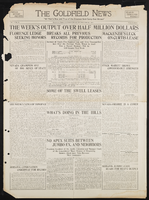Search the Special Collections and Archives Portal
Search Results
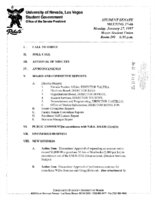
Meeting minutes for Consolidated Student Senate University of Nevada, Las Vegas, January 27, 1997
Date
1997-01-27
Archival Collection
Description
Includes meeting agenda and minutes, along with additional information about letters. CSUN Session 27 Meeting Minutes and Agendas.
Text
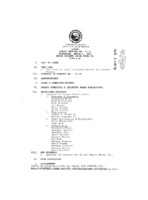
Meeting minutes for Consolidated Student Senate University of Nevada, Las Vegas, March 03, 1993
Date
1993-03-03
Archival Collection
Description
Includes meeting agends, mintues, and letters. CSUN Session 23 Meeting Minutes and Agendas.
Text
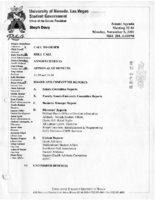
Meeting minutes for Consolidated Student Senate University of Nevada, Las Vegas, November 5, 2001
Date
2001-11-05
Archival Collection
Description
Includes meeting agenda and minutes. CSUN Session 32 Meeting Minutes and Agendas.
Text
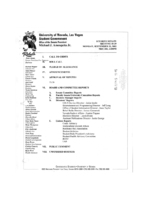
Meeting minutes for Consolidated Student Senate, University of Nevada, Las Vegas, September 22, 2003
Date
2003-09-22
Archival Collection
Description
Includes meeting minutes and agenda, along with additional information about requests and contracts.
Text
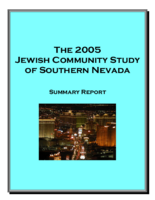
Jewish Community of Southern Nevada Summary Report of 2005, published 2007
Date
2005
Archival Collection
Description
This study was conducted in 2005 to better understand the Jewish community in Southern Nevada. The themes of the study include population growth, population geographic shift and dispersal, Jewish youth, Jewish identity, increasing synagogue membership and general participation in Jewish causes.
Text
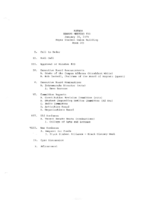
Meeting minutes for Consolidated Student Senate, University of Nevada, Las Vegas, January 30, 1979
Date
1979-01-30
Archival Collection
Description
Includes meeting agenda and minutes with additional attachments. CSUN Session 7 Meeting Minutes and Agendas.
Text

Meeting minutes for Consolidated Student Senate, University of Nevada, Las Vegas, July 11, 1978
Date
1978-07-11
Archival Collection
Description
Agenda and meeting minutes for the University of Nevada, Las Vegas Student Senate. CSUN Session 7 Meeting Minutes and Agendas.
Text
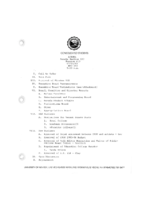
Meeting minutes for Consolidated Student Senate, University of Nevada, Las Vegas, July 05, 1983
Date
1983-07-05
Archival Collection
Description
Includes meeting agenda and minutes along with additional information about the executive board meeting and transcript of Senator Robert Eglet's speech. CSUN Session 13 (Part 1) Meeting Minutes and Agendas.
Text
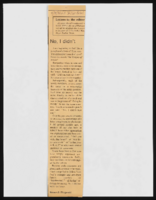
"The Reintegration of Las Vegas": paper by Roosevelt Fitzgerald
Date
1989-04-26 to 1989-04-29
Archival Collection
Description
From the Roosevelt Fitzgerald Professional Papers (MS-01082) -- Unpublished manuscripts file. Presented at the Western Social Science Association, 31st Annual Conference, Albuquerque, New Mexico.
Text
Pagination
Refine my results
Content Type
Creator or Contributor
Subject
Archival Collection
Digital Project
Resource Type
Year
Material Type
Place
Language
Records Classification

